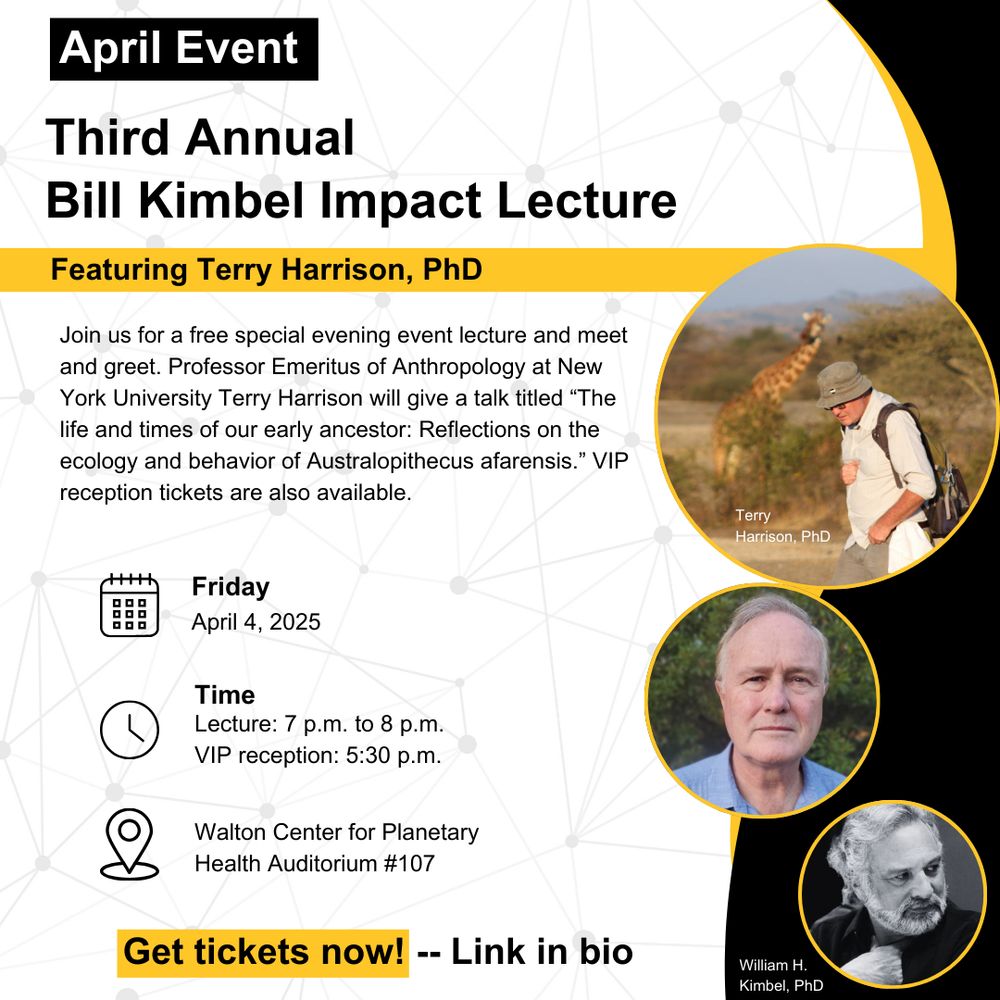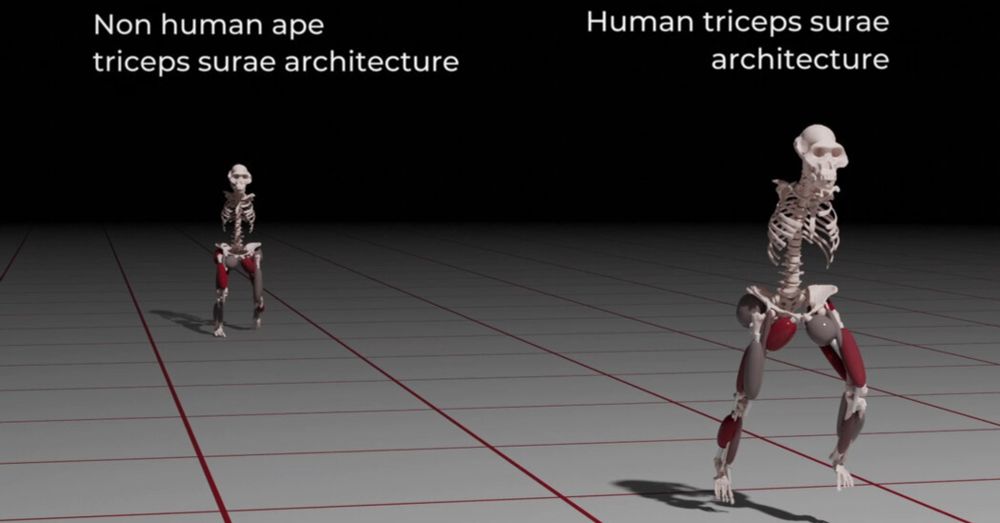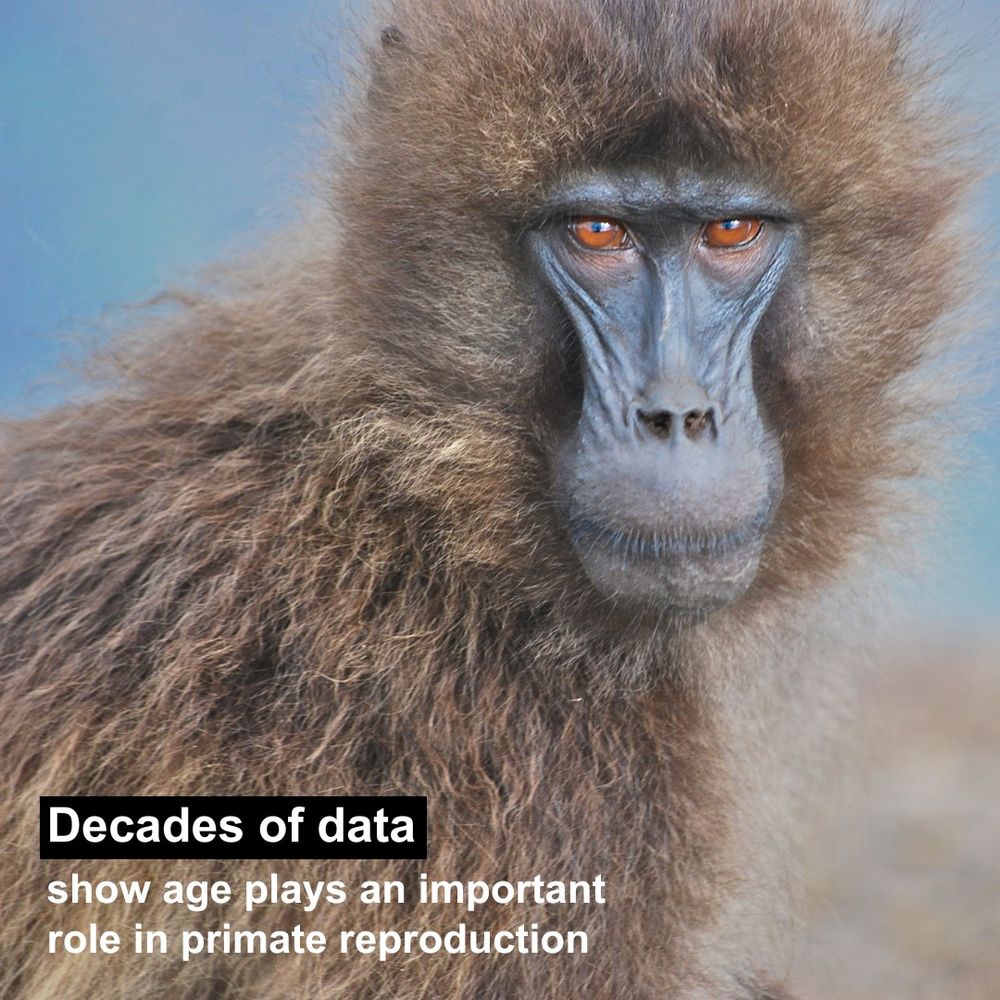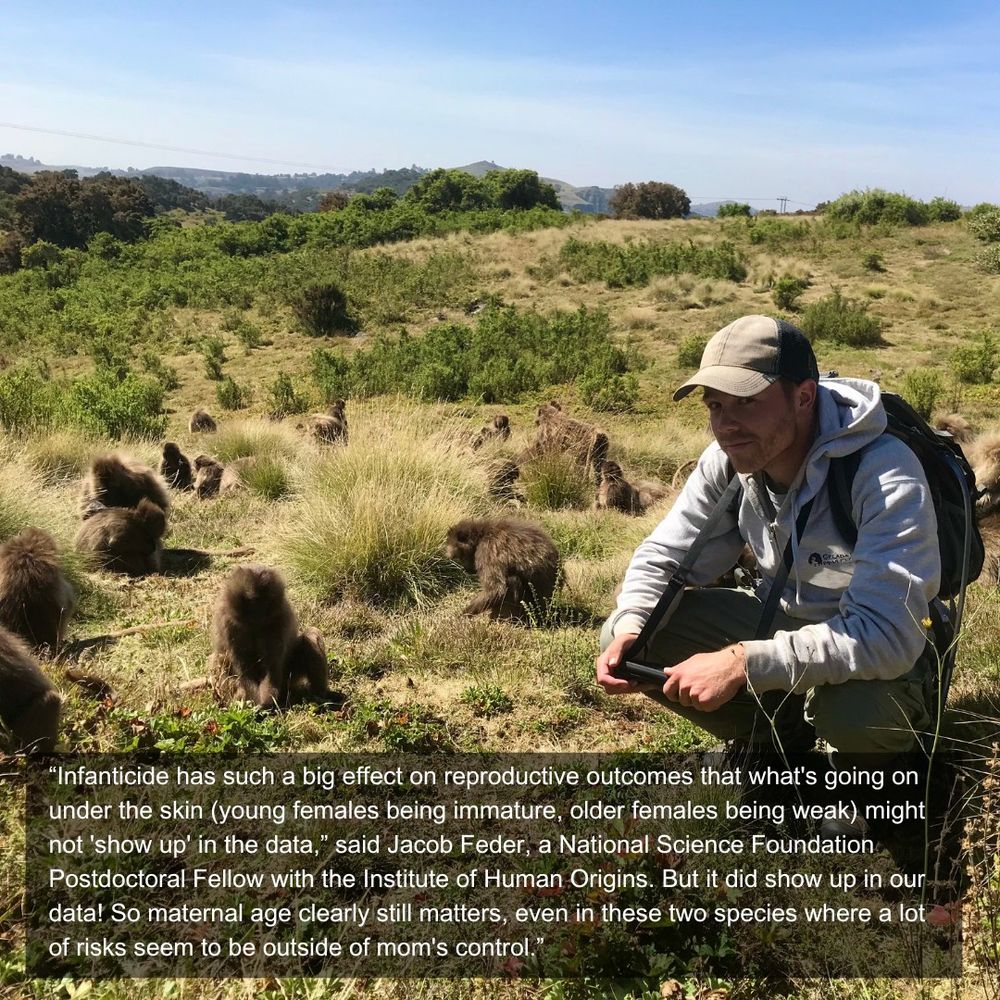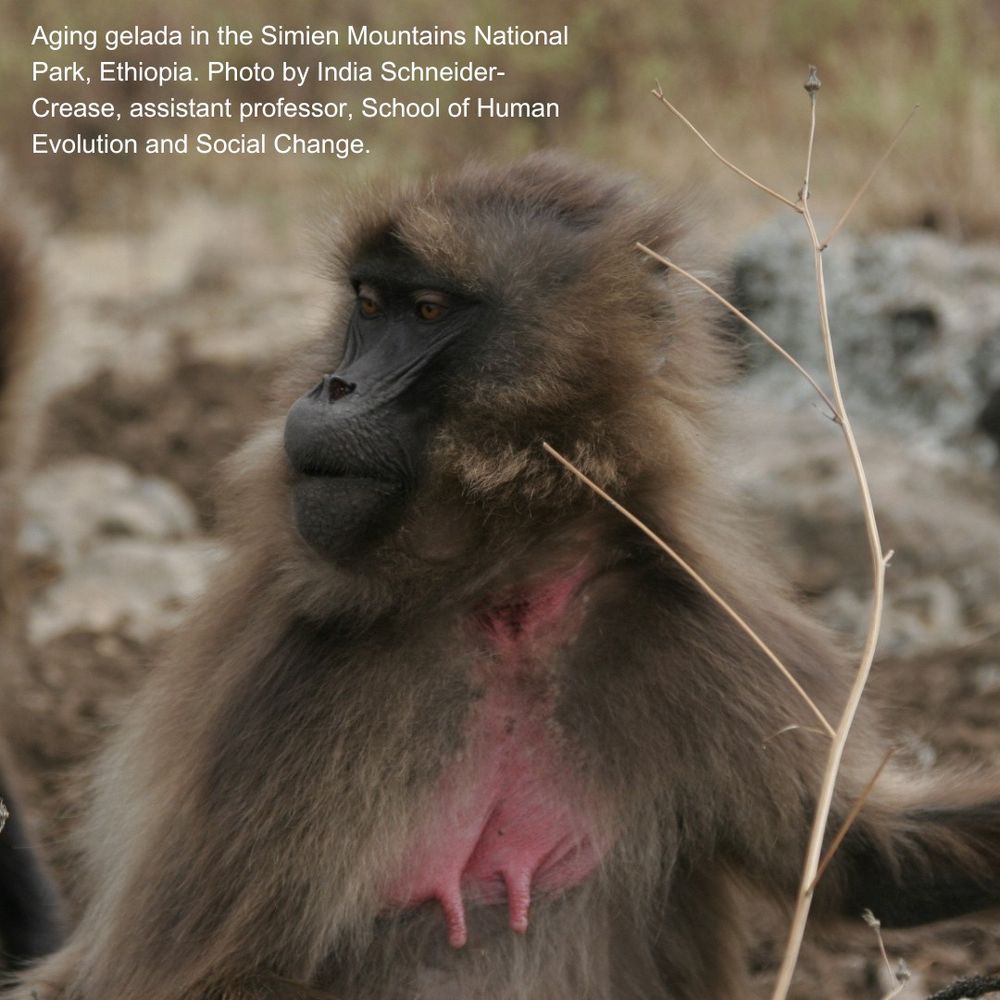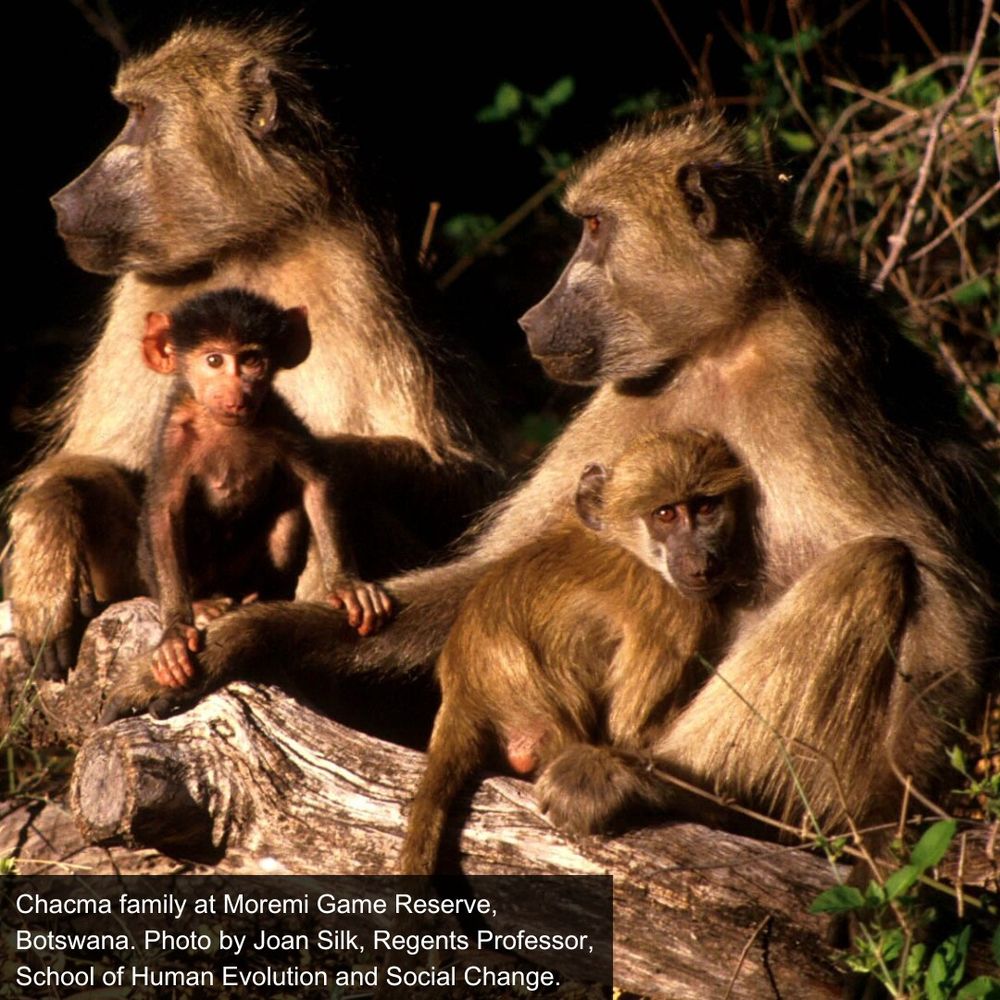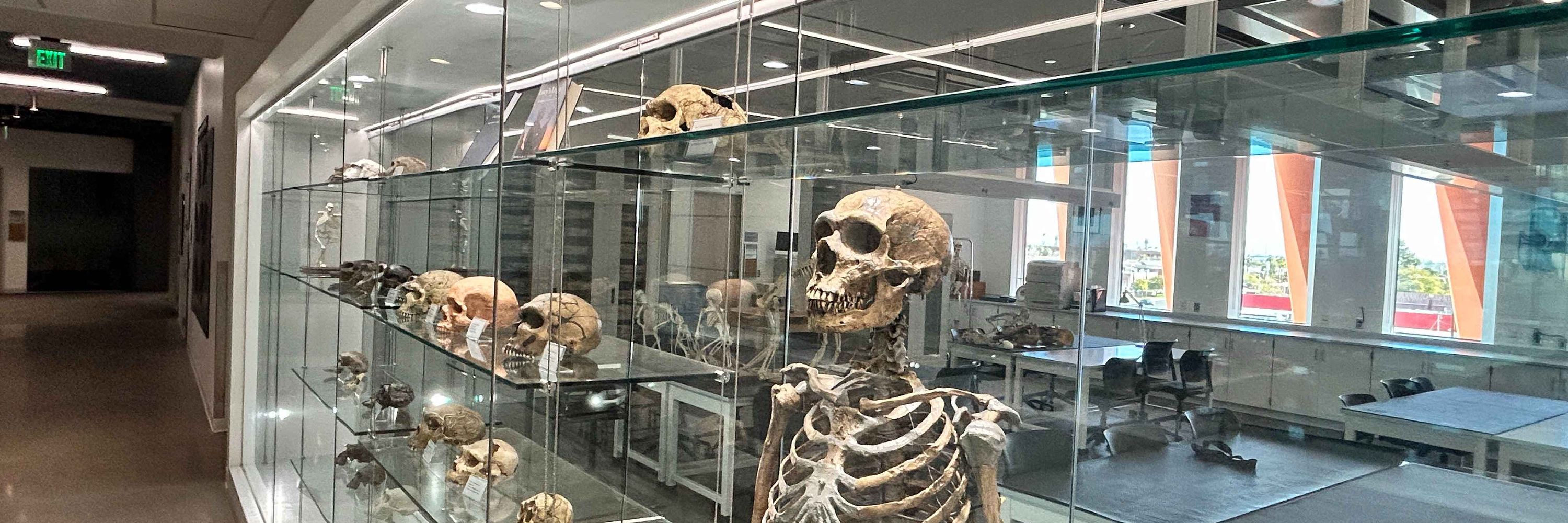
The paper, “New finds shed light on diet and locomotion in Australopithecus deyiremeda,” was published in the journal Nature this month. The team was led by Arizona State University paleoanthropologist Yohannes Haile-Selassie.
Read more: bit.ly/48CmpMi




The paper, “New finds shed light on diet and locomotion in Australopithecus deyiremeda,” was published in the journal Nature this month. The team was led by Arizona State University paleoanthropologist Yohannes Haile-Selassie.
Read more: bit.ly/48CmpMi
bit.ly/4nChp05
#volcano #eruption #archaeologist

bit.ly/4nChp05
#volcano #eruption #archaeologist
Thanks to @sapiens.org for inviting me to contribute & for editorial support
Fidelis Masao, Husna Mashaka, Sam Porter, & many more contribute to this work. Thanks @leakeyfoundation.org @asubeinghuman.bsky.social & @asuiho.bsky.social
Read more: www.sapiens.org/archaeology/...

Thanks to @sapiens.org for inviting me to contribute & for editorial support
Fidelis Masao, Husna Mashaka, Sam Porter, & many more contribute to this work. Thanks @leakeyfoundation.org @asubeinghuman.bsky.social & @asuiho.bsky.social
The fossils found in northeastern Ethiopia date between 2.6M to 2.8M years ago, shed new light on human evolution
bit.ly/416zE4S #paleoanthropology #humanevolution #fossils #africa




The fossils found in northeastern Ethiopia date between 2.6M to 2.8M years ago, shed new light on human evolution
bit.ly/416zE4S #paleoanthropology #humanevolution #fossils #africa

news.asu.edu/20250505-uni...
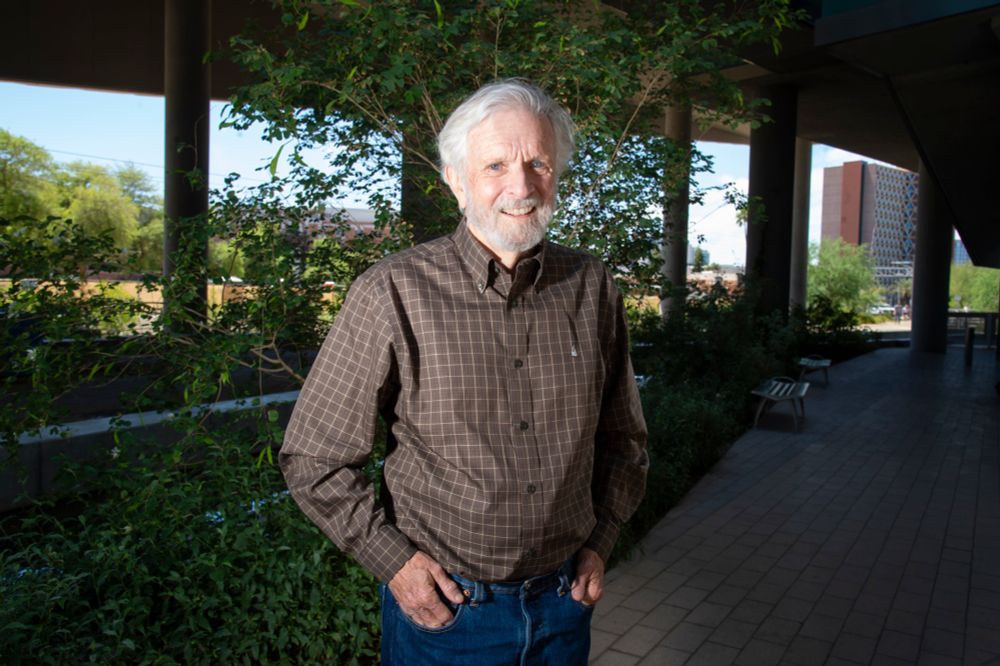
news.asu.edu/20250505-uni...
Watch the Interview: www.youtube.com/watch?v=iBm9... #primates #evolution #social
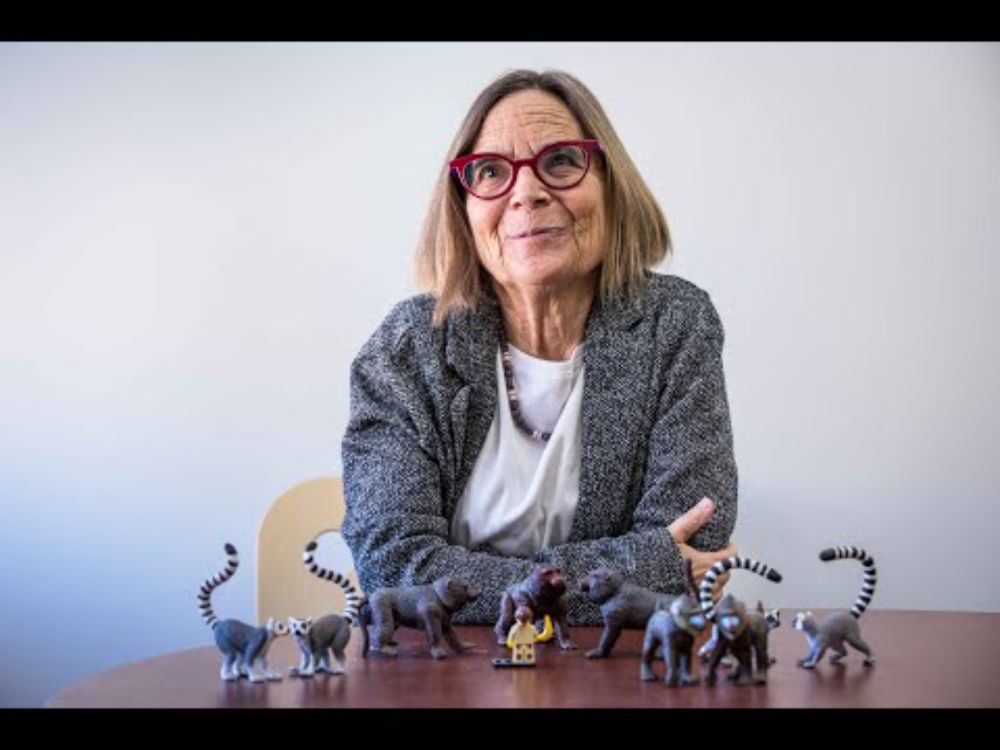
Watch the Interview: www.youtube.com/watch?v=iBm9... #primates #evolution #social
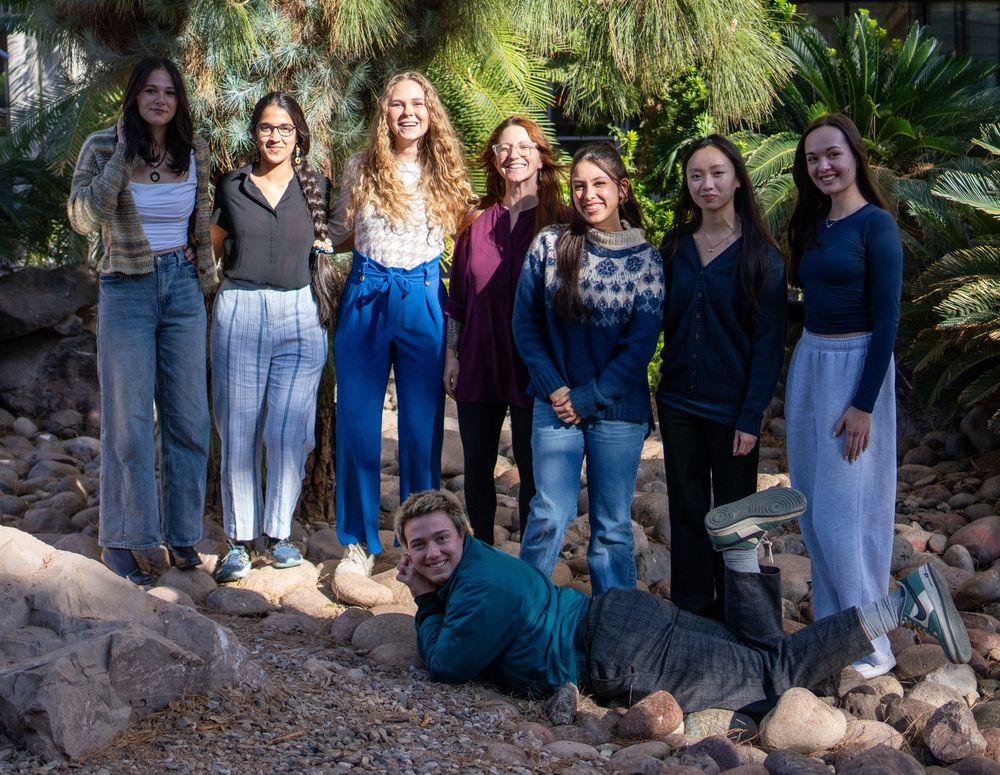
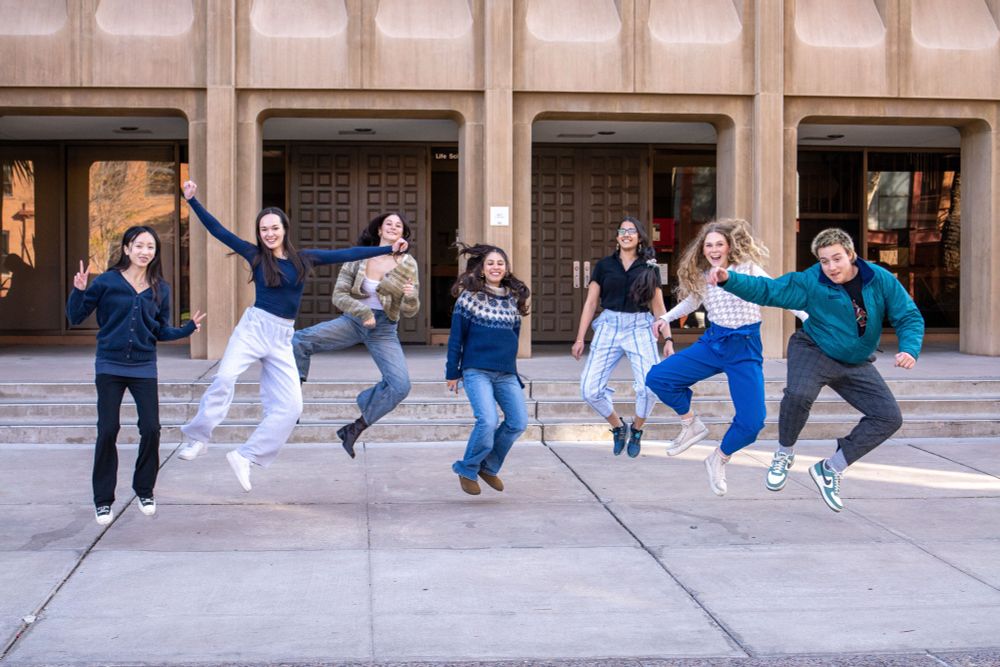
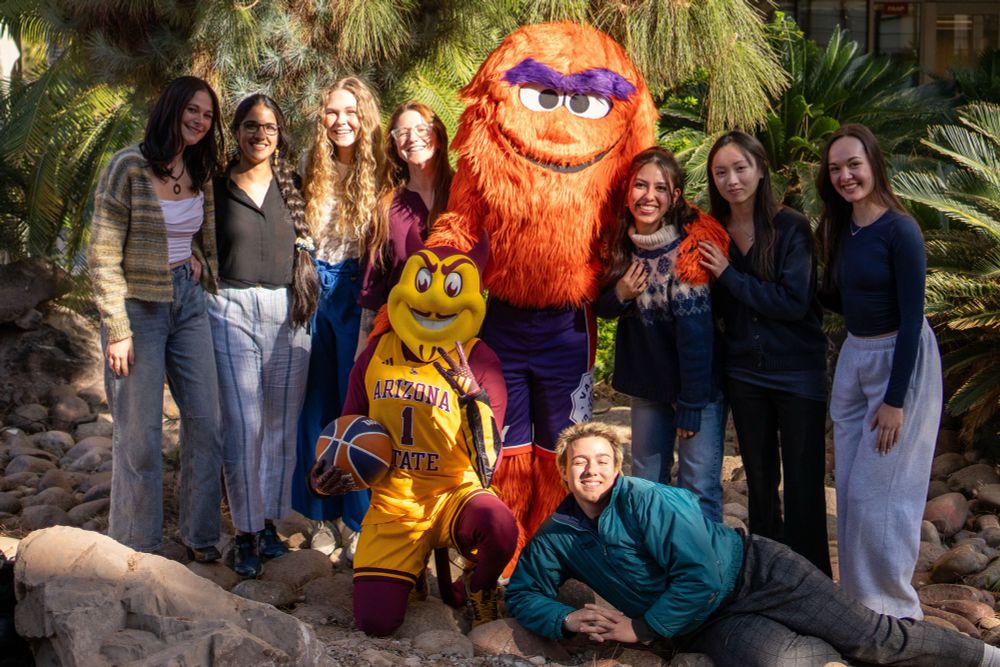

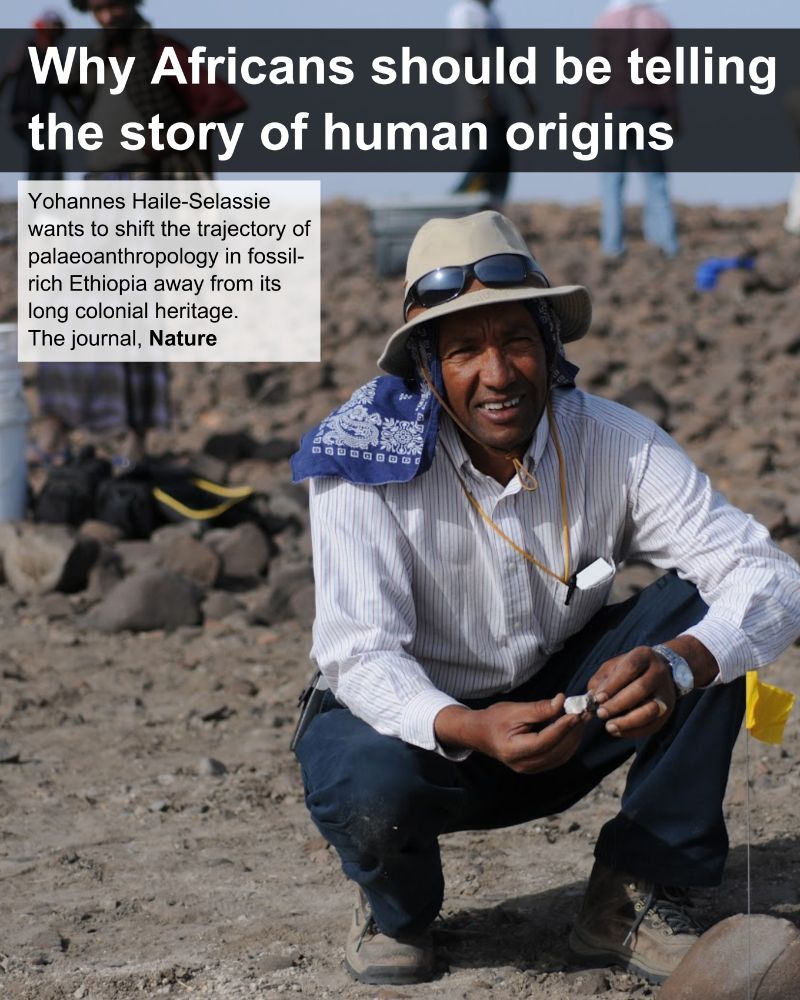
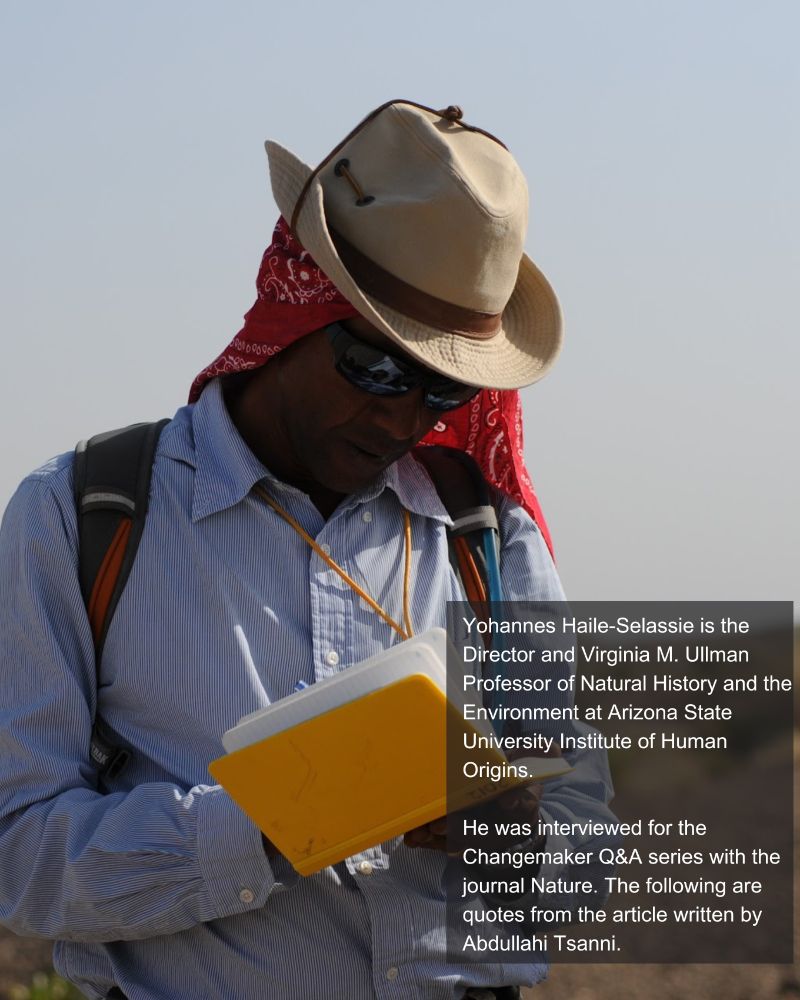
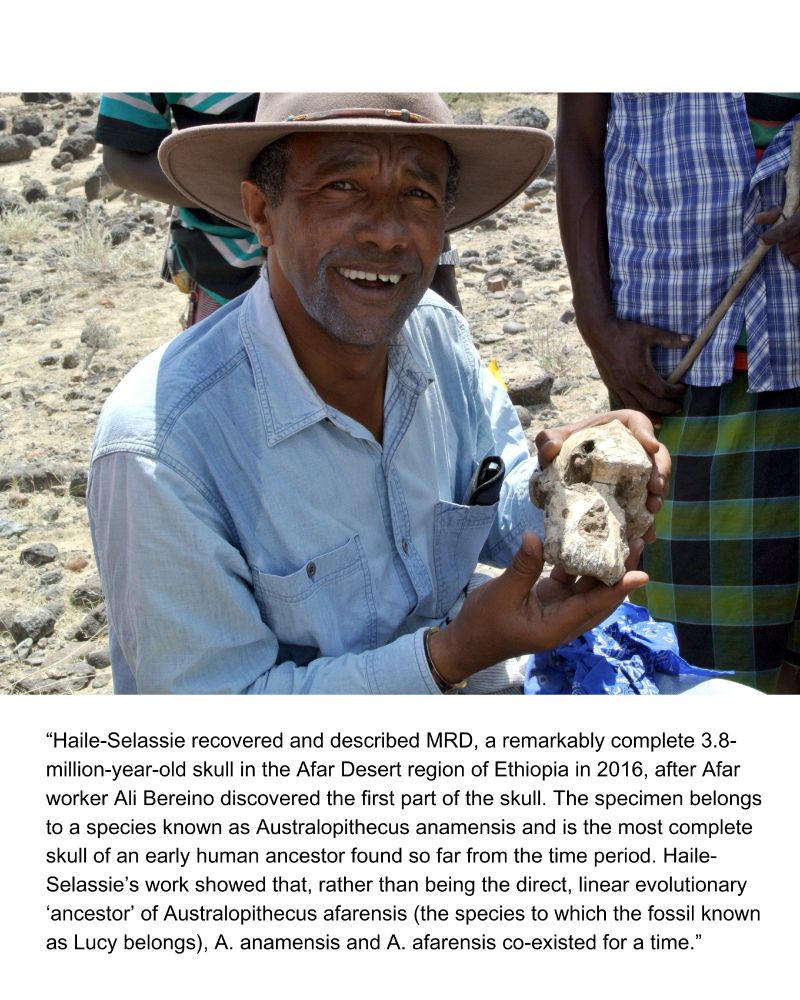
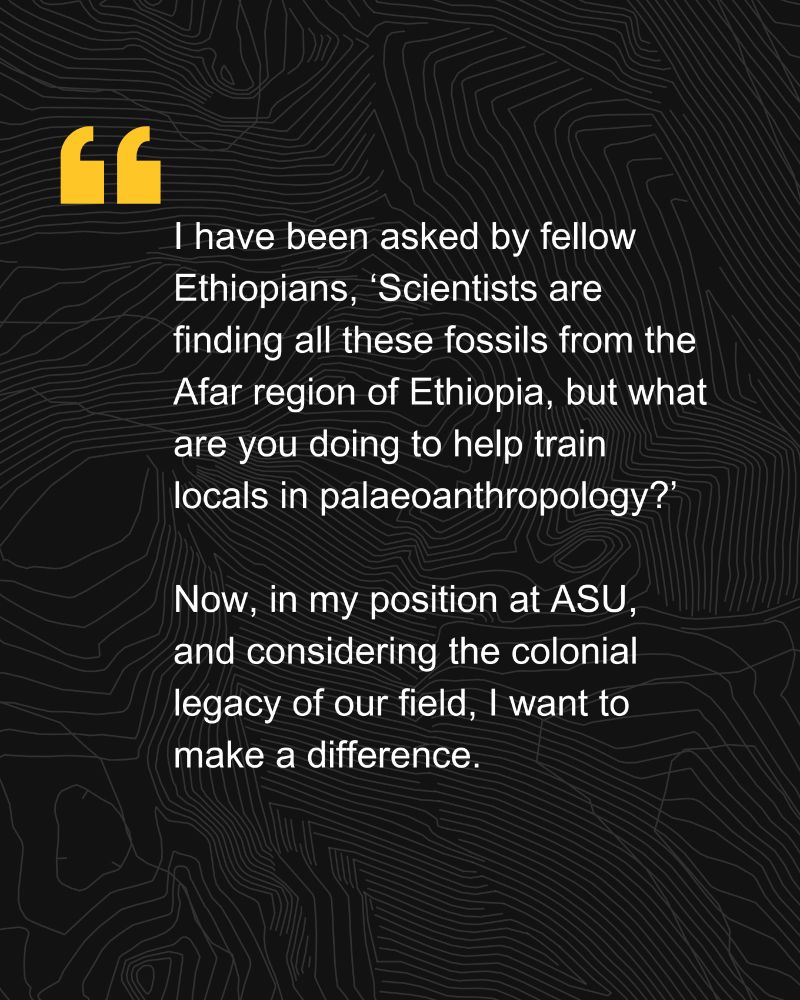
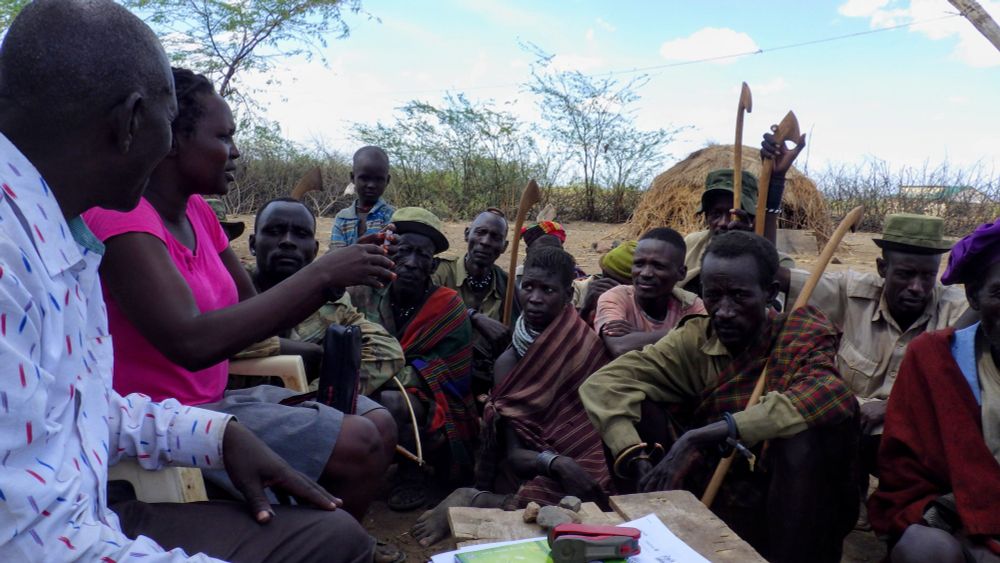
A 𝗙𝗥𝗘𝗘 event for the entire family 📆
𝗪𝗵𝗲𝗻: Tempe campus: Saturday, Feb. 22, 1–5 p.m.
𝗪𝗵𝗲𝗿𝗲: Location: Walton Center for Planetary Health (WCPH) Floors 1 and 2 Look for the signs and archaeologists 🔍
𝗣𝗮𝗿𝗸𝗶𝗻𝗴: 🅿️ Free at the Tyler Street Parking Structure
opendoor.asu.edu
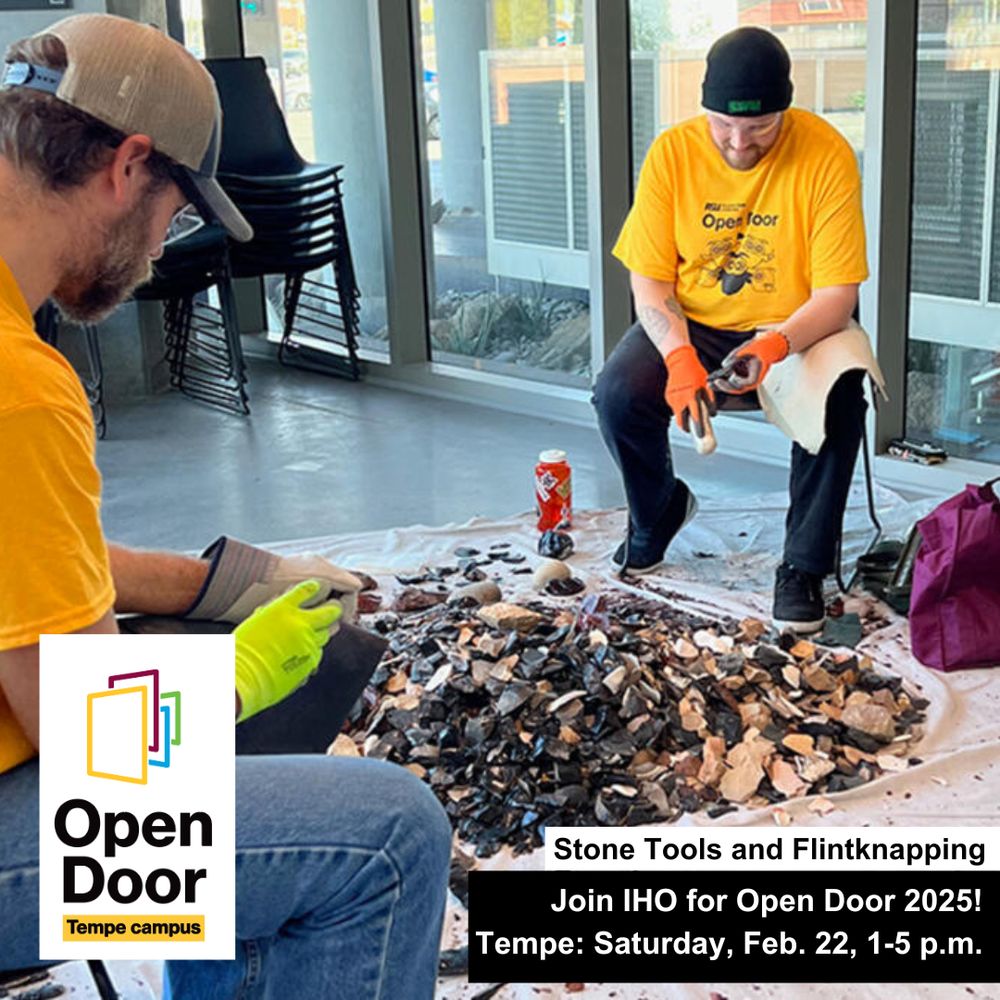
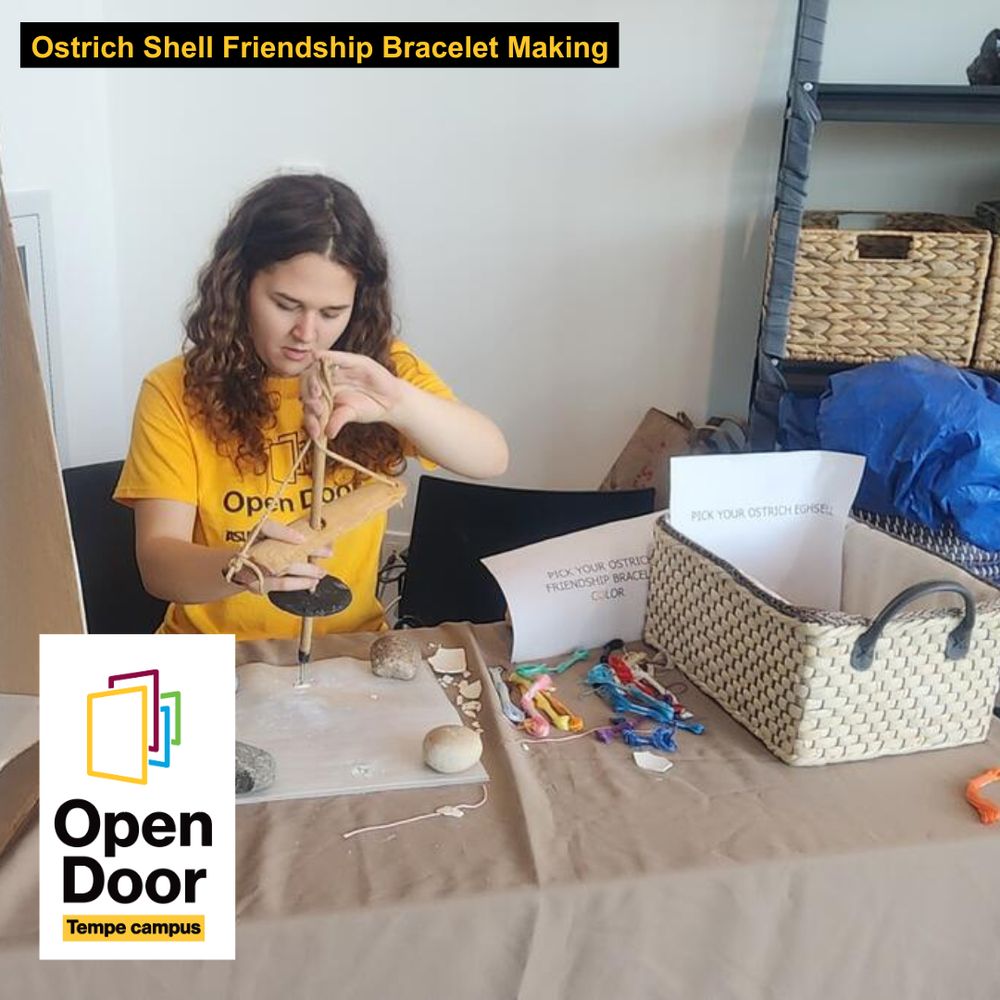
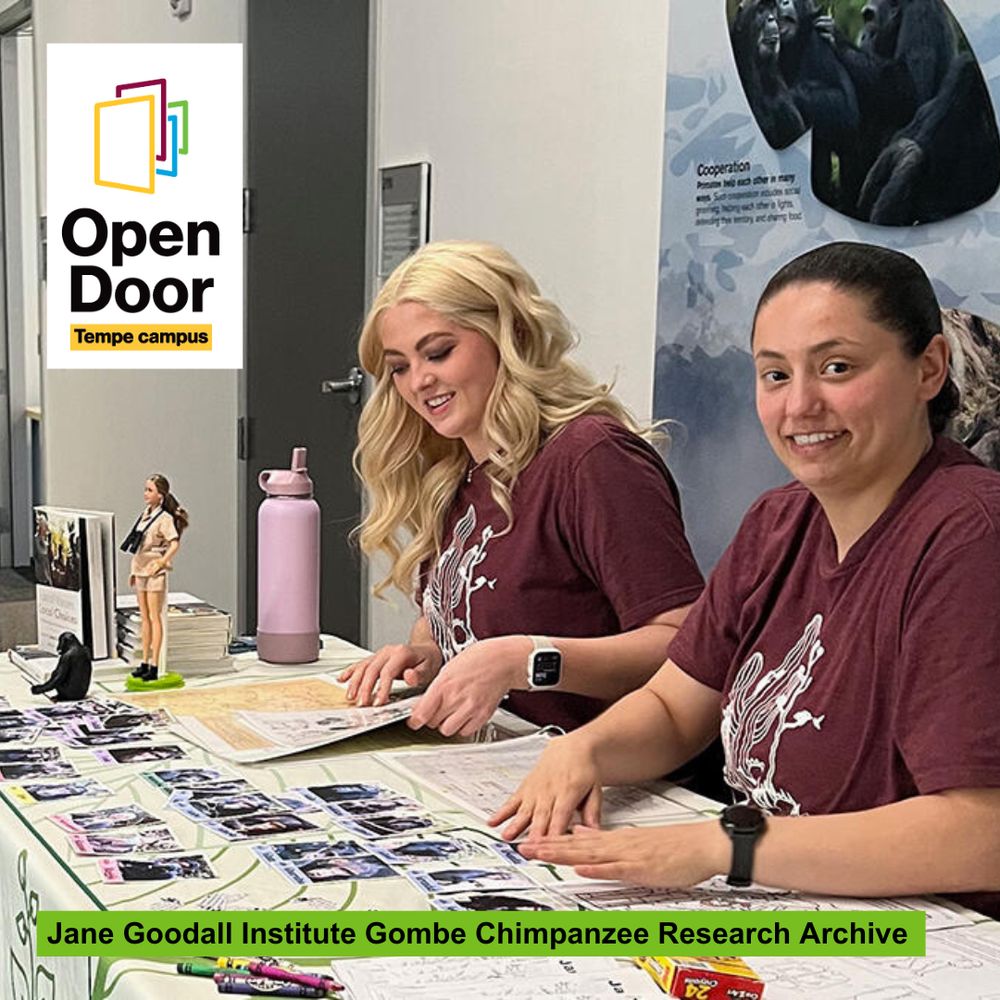
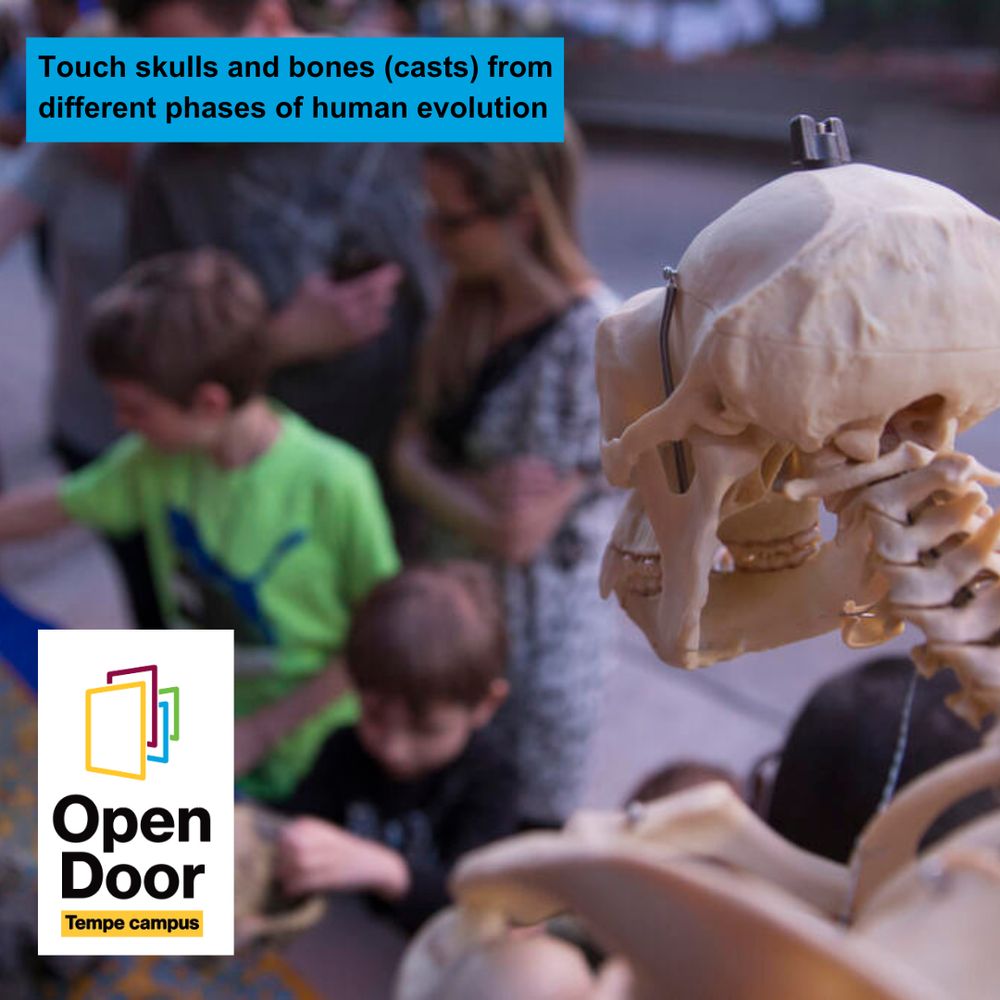
A 𝗙𝗥𝗘𝗘 event for the entire family 📆
𝗪𝗵𝗲𝗻: Tempe campus: Saturday, Feb. 22, 1–5 p.m.
𝗪𝗵𝗲𝗿𝗲: Location: Walton Center for Planetary Health (WCPH) Floors 1 and 2 Look for the signs and archaeologists 🔍
𝗣𝗮𝗿𝗸𝗶𝗻𝗴: 🅿️ Free at the Tyler Street Parking Structure
opendoor.asu.edu
